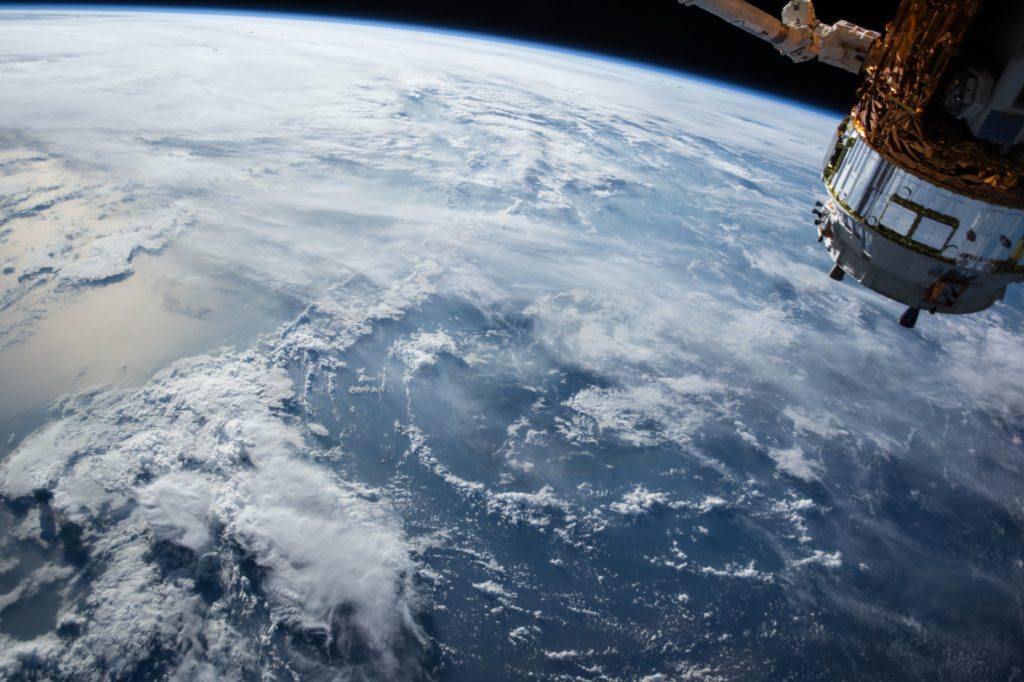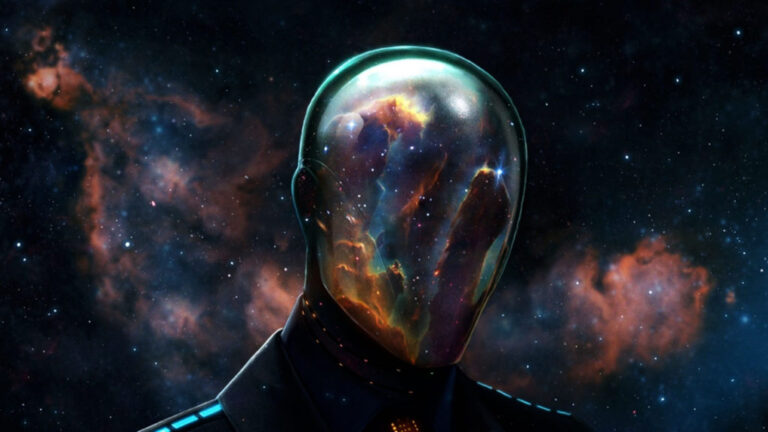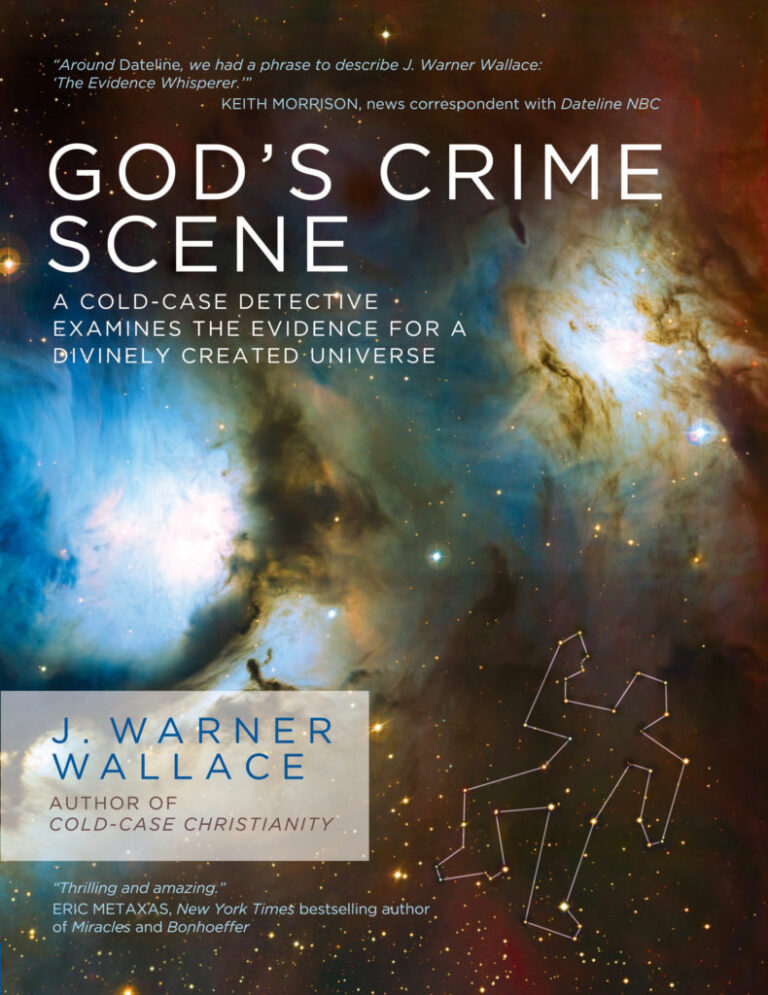“When someone tells you there is no truth, they are telling you not to believe them. So don’t!” This is just one of Chris Oldfield’s points, from Kings College London. Is there any truth at all in religion comparable with truth in science? In this post, we can consider and rethink the connection between spiritually and the sciences. The line between the two is not so easily drawn, except by those who reject the hard sciences or truth in the spiritual without taking them seriously. The hard spiritual dogmatist and the antagonistic skeptic positions are both to be weary of!
In his essay The Ethics of Belief – Clifford Williams wrote this:
“If a man, holding a belief which was taught in childhood or persuaded of afterwards, keeps down and pushes away any doubts which arises about it in his mind, purposely avoids the reading of books and the company of men that call into question or discuss it, and regards as impious those questions which cannot be easily asked without disturbing it — the life of that man is one long sin against mankind…” ( page 4, paragraph 3)
There is some truth to this. But what counts as evidence? What about beauty? Is it only sensory experience we should consider? What about theoretical ideas like justice, truth, love and goodness? What about your motivations and memories? Religious experiences are experiences unlike others. You dont need to be taking mushrooms or Hallucinogens dugs to experience God. Consider this would only be true if there actually is a God.
Can a believer know that? Chris gives the example of your mother’s name. If you don’t have solid evidence, right now, of her name, does that mean you are not reasonable to believe you know her name? Of course not.
There is a world of difference between what I know personally in an innate way and what I can show objectively with third party evidence. How does this apply to the spiritual?
I’ll let you consider that as you watch or listen to his wonderful lecture! Chris gave this memorable lecture on Science and Religion at my alma mater Hull University.
Chris blogs at http://wetlenses.blogspot.com/
The website for the lecture is http://upload.sms.csx.cam.ac.uk/media/2217212





Hello Khaldoun,
Thank you for sharing the presentation. I enjoyed watching it.
I also like his picture of the vase. Chris illustrates that when one is investigating an old vase for origin, material, fabrication method, etc., one does not necessarily pose the question. “Was this vase a gift?”. Religion considers our existence and the physical reality as a gift, science does not necessarily..
I agree that science is not interested in the truth (if defined as the absolute truth), but merely aims at modelling, with ever increased accuracy, our human observations or intuitions of the physical world.
Chris summarises (he must somehow agree with Popper) science as a tool to avoid error. I agree with this summary. Good science needs discord to progress. For instance if (still a big if) the Dutch physicist Erik Verlinde is correct in proving in his recent paper that gravity is an illusion (http://earthsky.org/space/erik-verlinde-gravity-theory-no-need-dark-matter) then nobody will be sad and upset that Einstein was wrong. The science community would be delighted that they are finally rid of “Dark Matter”. Dark Matter is currently a mere artificially, not observable, not fully plausible concept to make the model fit the observation.
Chris did however not give the same definition for religion. Foolishly I was hoping that he would do so at the end of his presentation. His conclusion that the fact that God loves us, wants us to know him and that maybe we have to understand that we need God to so something for us, might be all that matters, does not sound very philosophical to me.
Similar to science being a tool to avoid error, what kind of tool is religion and what kind of tool is theology?
As an example. Is there a purpose in lengthy discourse on the nature of the Eucharist? In my view not, but I am sure many theologians are proud of their reasoning on transubstantiation or epiclesis or consubstantiation or pneumatic presence. Each of these terms is a different model to describe the Eucharist. They are clearly conflicting models … but should we care. Science would, but a rational religious person should merely understand the differences in a non-judgmental way.
Maybe science gets its strength from being pessimist and trives on discord to answer “what” questions, whereas religion flourishes in an optimistic mind set seeking accord to address “what” questions.
great presentation, although i do not believe there is really any correlation between science and religion
Mr Sweis,
This topic is very interesting and it got me to thinking about religion and can scientist really be able to measure the existence of a god.I not believe that it is possible.The true evidence of god is the way people are able to be on their last strain of hope and they are able to receive hope from prayer. Being religious is not something a scientist can calculate or experiment on but its based on a belief a person has.